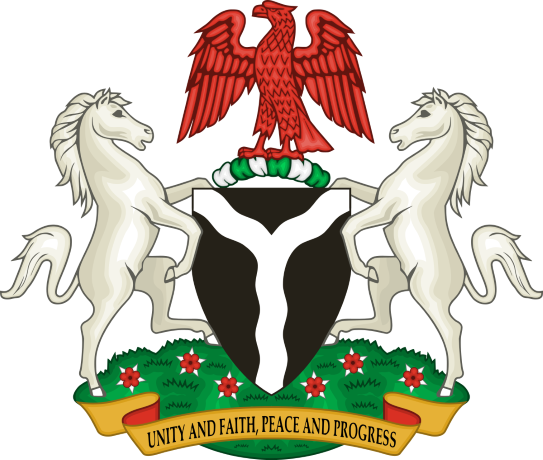
This is even as the Commandant General of the Nigeria Security and Civil Defence Corps, Ahmed Audi, revealed the country had lost an estimated $200 billion to threats on critical assets since 1999.
Although Moguno said the government had deployed both kinetic and non-kinetic mechanisms to safeguard these assets, stated there is a need to develop and continuously review measures to address dynamic threats to the nation’s infrastructure.
Monguno, who was represented by the Principal General Staff Officer, Office of the National Security Adviser, Major General Sadiq Ndalolo, spoke at the validation exercise for the Critical National Assets and Infrastructure National Protection Policy and Strategy 2023 in Abuja on Tuesday.
He said, “In the North-West, bandits and terrorist groups target transportation infrastructure and educational institutions. The presence of these groups, especially near Kainji and Shiroro dams, further constitutes major security threats to the zone. In the South East, attacks on infrastructure such as police stations, and security checkpoints amongst others, are suspected to be orchestrated by members of the Eastern Security Network. In the South West, noticeable threats to Critical National Assets and Infrastructure have resulted from armed robbery, targeted at banks and financial institutions, as well as wanton destruction of public infrastructure in the wake of public disorders.
“Meanwhile, the attacks on assets and infrastructure in the South-South are primarily driven by militant activities especially, pipeline vandalism and oil theft. Furthermore, piracy presents yet another challenge in the Nigerian maritime domain, which straddles the zone. The threat almost crippled the maritime transportation supply line as shipping premium insurance for shipping increased in response to piracy concerns. Nonetheless, it is quite reassuring that the Nigerian Navy and other maritime stakeholders have significantly curbed this threat.”
The Commandant General, Nigeria Security and Civil Defence Corps, Ahmed Audi, said despite having an infrastructural deficit of over $3 trillion, the country had lost an estimated $200 billion to threats on critical assets since 1999.
He said, “The economic losses occasioned by the threats to CNAI are unquantifiable in monetary terms. Some estimates have put it to be over $200 billion since 1999, no thanks to terrorism, insurgency, banditry, militancy, vandalism, End-SARS protest, the Covid-19 pandemic, and so on. This has happened in a country with an infrastructural deficit said to be over $3 trillion. While we strive to bridge this gap, threats to CNAI take us one step forward and two steps backwards.”
He added that the document was coming at the right time as emerging security threats put critical national assets and infrastructure in danger.
“This document is an additional boost that could not have come at a better time considering emerging security threats that put our CNAI in harm’s way that may prevent them from providing or enabling National Critical Functions,” Audi said




